
AppTweak Unveils Atlas, the First App Store Semantic Engine
With the release of Atlas, the first App Store Semantic Engine, AppTweak is proud to be the first (and only) ASO tool able to capture and leverage the semantics of keywords and mobile apps to enhance its algorithms, unique KPIs, and features. With our team of talented data scientists, we have been able to derive a mathematical formulation that maps every app and keyword on the stores to represent their semantic contexts.
Atlas is a foundational model that allows our tool to consider keywords not only as distinct sequences of characters, but as vectors of intent and purpose used to search for mobile apps. Thanks to Atlas, AppTweak has an enhanced understanding of how the app stores group similar apps together, which keywords the app stores consider relevant to certain apps, and so much more.
Introducing Atlas to the world
Expert recommendations are everywhere in our tool – from our keyword Brainstorm Lists to app competitor suggestions – and our clients strongly rely on the quality of these recommendations in their day-to-day ASO operations. Maximizing AppTweak’s impact is of the utmost importance to our team; we want our algorithms to be as precise and relevant as possible, which is why we are very proud to introduce: Atlas.
Atlas allows us to enhance, develop, and preserve our high-level understanding of what keywords mean and how they match any given app.
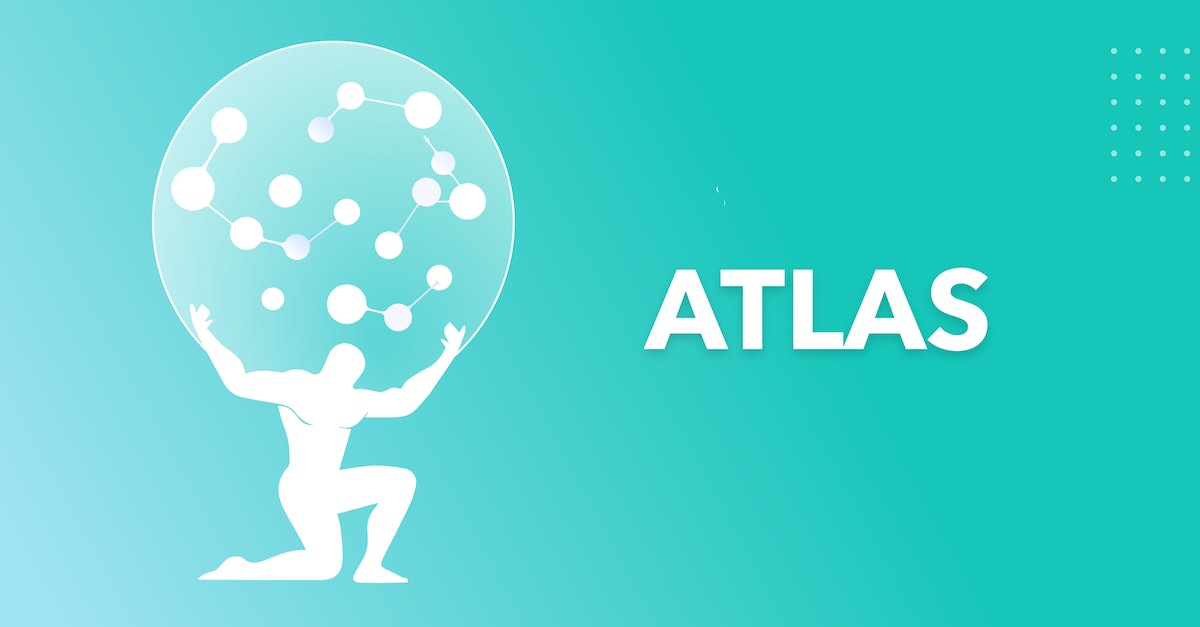
Critically, this model has been purposefully built by and for ASO specialists. In an ASO context, we are able to quickly understand that the logic behind the store algorithms does not exactly correspond to the way humans think in the real world. The algorithms reside in an app store world, where words have different meanings, and where the connections between keywords and apps are based on ever-changing internal rules. We wanted to find a way to define these rules, mathematically analyze them, and be able to parallel the semantics of the stores.
Let’s take the word “lime,” for example. In the human world, this keyword is semantically close to the word “lemon.” However, in an app store world, these two keywords are very different: the former primarily refers to the popular scooter rental app, explaining why the store algorithms would consider “lime” and “scooter” to be conceptually close and both very different from “lemon.”
In our quest to better understand this logic, we built one master algorithm, Atlas, that captures in one place the store-specific semantics of all keywords in any language, and all apps in any country or language, to position each element on one centralized map.
Another great motivation behind Atlas was our drive to create a foundational algorithm that would support different processes at the core of our key features. Continuously delivering high-quality features is a key objective at AppTweak. A standardized understanding of the meanings of apps and keywords, as defined by Apple and Google, allows us to continuously deliver high-quality, valuable features to our customers.
The birth of Atlas
We looked at organic rankings in live store searches to infer meaningful relationships between apps and keywords. Every day since 2014, AppTweak has collected data pertaining to millions of search terms on both the App Store and Google Play in about 100 countries. This huge amount of data then feeds into state-of-the-art natural language processing (NLP) models that we have optimized in an app store context.
47b6.png)
Thanks to this data and our powerful algorithms, Atlas was born. As a global map of the App Store and Google Play, Atlas positions tens of millions of keywords and apps relative to each other in a meaningful way that captures the core semantics of the stores.
Since the data we collect is worldwide, Atlas differentiates keywords per language and differentiates apps per country and language. As a result of this, the keyword “candy crush” in English is naturally positioned in a slightly different way than “candy crush” in French, as the respective semantics of the keyword are influenced by language-specific elements.
Similarly, the app Candy Crush Saga is also positioned differently in en-US (US English) than in es-US (US Spanish), fr-FR, or any other country/language, as the apps’ exact semantics change with linguistic and cultural nuances.
In a world of its own: Communicating with Atlas
So far, Atlas has correctly captured the meanings of keywords and apps – but still speaks its own language. To communicate with it and convert the mathematical formalism of semantics into tangible information, we use 3 types of algorithms and formulas. These “services” are:
- Distance computation
- Recovery of nearest neighbors
- Cluster identification
| Service | Goal | Example |
|---|---|---|
| Distance computation | Quantify the distance between pairs of elements: keyword-keyword, app-keyword, or app-app. | Quantifying how relevant a specific keyword is to a specific app. |
| Recovery of nearest neighbors | Retrieve the closest keywords to an app, closest keywords to another keyword, etc. | Identifying the 1,000 keywords that are semantically closest to another given keyword. |
| Cluster identification | Group apps that share a niche market, or group keywords that are almost synonymous. | Identifying typos by pinpointing all keywords that share the same root meaning. |
Although Atlas stores app semantics per country and language, and keyword semantics per language, everything remains comparable. This means that Atlas can compare keywords across languages; for instance, it will easily confirm that “mon amour” and “my love” are very closely semantically related, or can even find the most relevant French keywords for an app that has not yet been published in any French-speaking country.
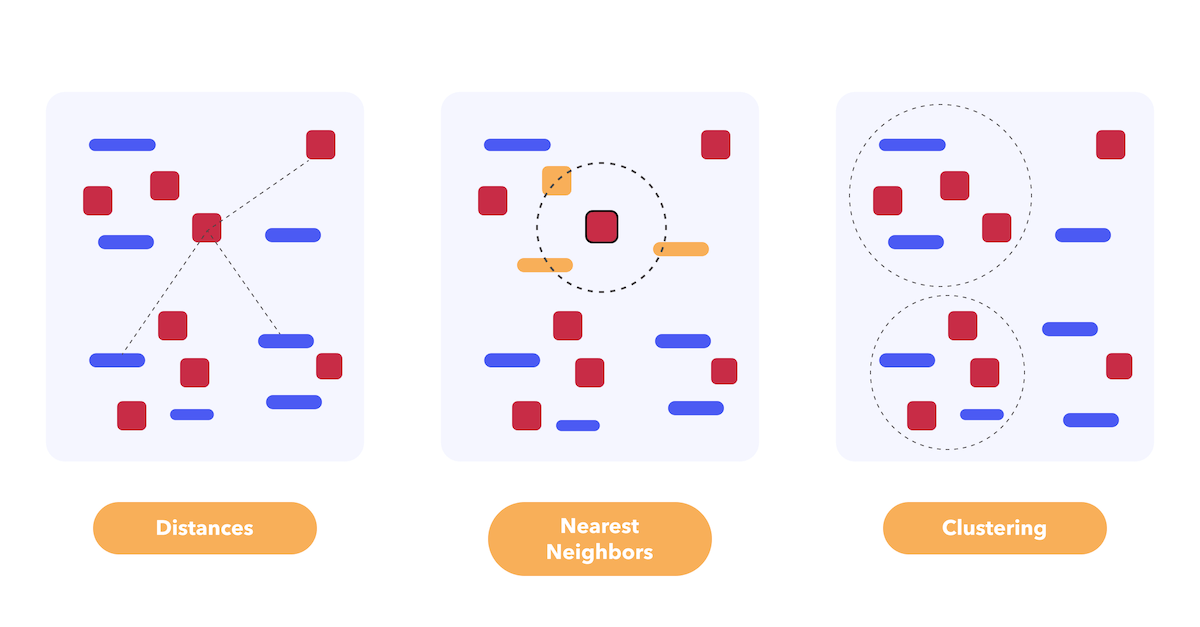
Our growth engine
Now that Atlas stores and can automatically compute the semantics of all apps and all keywords – and now that we can communicate with Atlas itself – we want to extract the most value from it.
To do this, we designed a three-layer architecture. Imagine this architecture as your grandma’s amazing lasagna (bear with us here):
- The base layer consists of our core component, Atlas, that mathematically captures the meaning of the store’s elements, apps, and keywords. It’s the equivalent of your grandma’s secret tomato sauce which makes her lasagne really stand out without your guests knowing exactly how.
- In the middle, we have the 3 services shown in the image above. They convert the mathematical formalism into tangible information, being distances, nearest neighbors, and clusters. These are the Italian lasagne pasta which ensures that the subtlety of the sauce becomes palpable enough to make you want to bite.
- At the top, we have the features: what the customers actually see. These are the refined outcomes of our 3 services, combining the raw results from Atlas with our industry expertise gained over the years. Obviously, you don’t make the best lasagna by just mixing the right ingredients in a bowl. You arrange them in the right way and present them with just the right touch of parmesan and a few extra fresh basil leaves, so your guests immediately understand the quality and value of their meal.
47b6.png) With this three-layer architecture, we can easily develop new features without having to refer to the semantic foundations of the stores each time. Now, every new idea can be directly plugged into the “service” layer that provides all the core analytics, all supported by Atlas.
With this three-layer architecture, we can easily develop new features without having to refer to the semantic foundations of the stores each time. Now, every new idea can be directly plugged into the “service” layer that provides all the core analytics, all supported by Atlas.
To exemplify this in a more concrete way, we’d follow the three-layer architecture to suggest the right competitors for Trip Advisor in Italy-Italian.
- First, Atlas provides us with the semantic relationships of over 10,000 apps.
- We use the “nearest neighbors” service to identify the 100 most relevant apps to Trip Advisor.
- We shortlist 10 competitor apps based on our unique criteria: App Power, diversity of suggestions, etc.
A bright future for Atlas
With Atlas, AppTweak is the first (and only) ASO tool to benefit from an engine that leverages the deeper semantics of keywords and apps.
Having benchmarked Atlas’s results against pre-existing AppTweak algorithms, we have systematically observed gains in quality and speed. Thanks to this, we have consequently been able to update and continue to develop our existing algorithms.
Atlas has also enabled the launch of unique AppTweak features, including the Relevancy Score and the English typo detector, both available in our Keywords section. And in the coming months and years, we will continue to capitalize on this enhanced understanding of the app stores to release more and more features, unleashing the full power of Atlas.
Fuel your app growth with Atlas, the industry’s first App Store Semantic Engine.


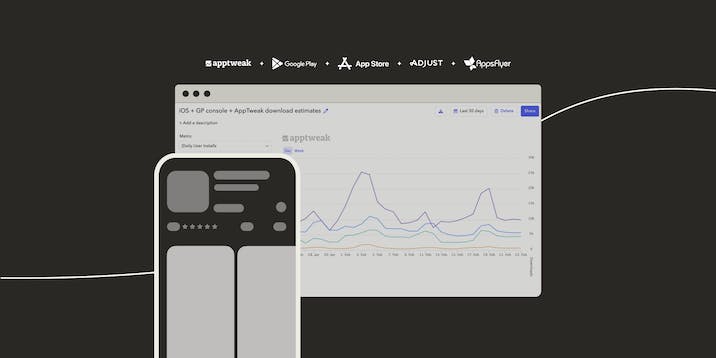
 Antoine Bentin
Antoine Bentin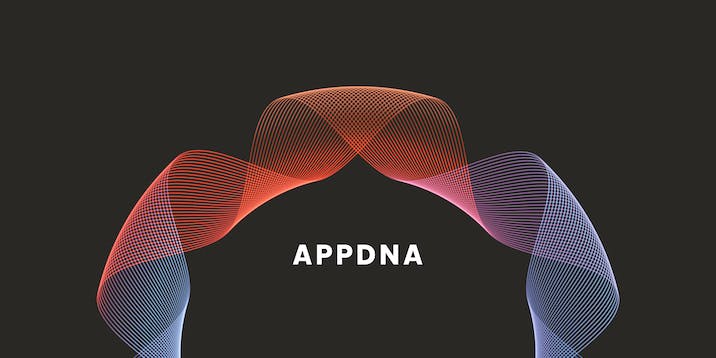
 Georgia Shepherd
Georgia Shepherd
 Flavien Eyer
Flavien Eyer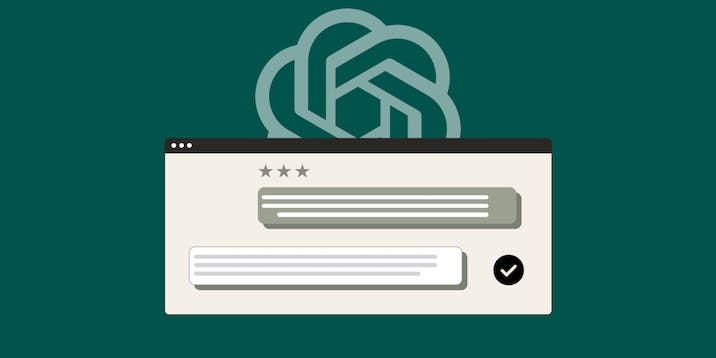
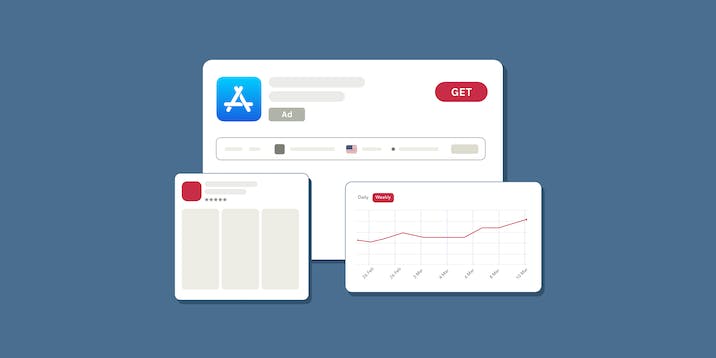

 Alix Carman
Alix Carman